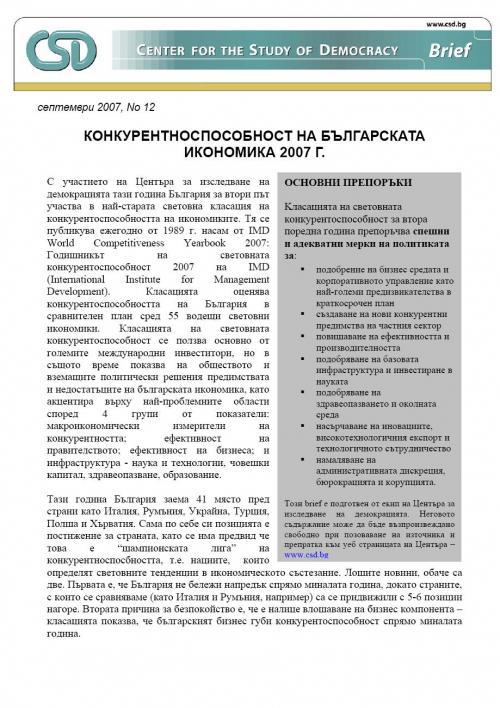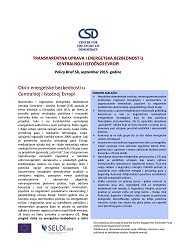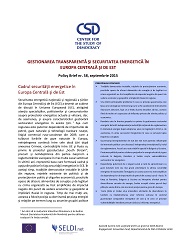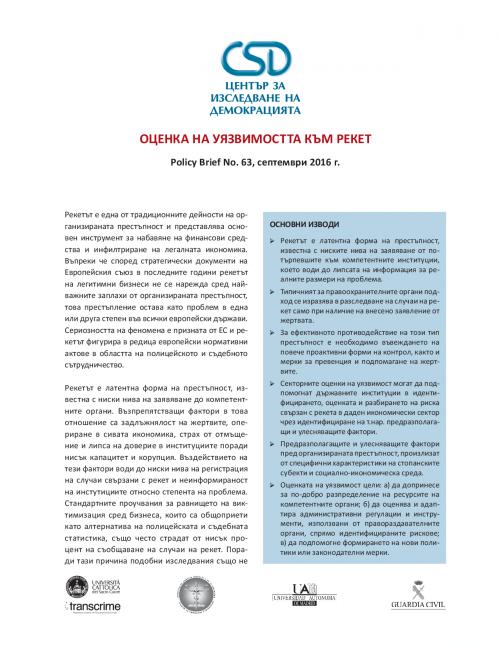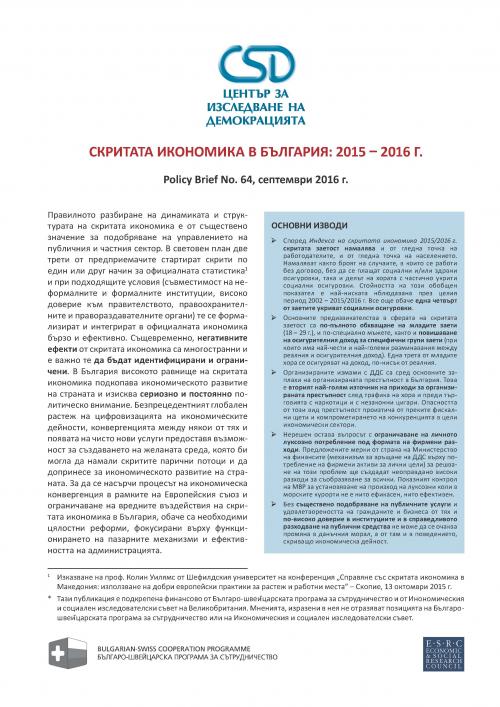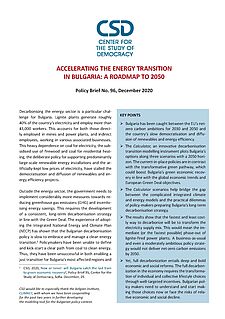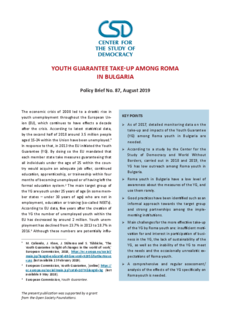
CSD Policy Brief No. 01: Corruption in the Higher Education
CSD Policy Brief No. 01: Corruption in the Higher Education
Keywords: corruption;
In September 2003, the Corruption Monitoring System (CMS) of Coalition 2000 came into the media spotlight, exemplifying its impact on the policy debate about corruption. The presentation of the quarterly indexes of CMS on September 10 sparked a strong reaction by both critics of corruption in the universities and academic faculty and management. The specific reason was that compared to the previous quarterly data, the CMS registered a substantial increase in the bribery demands on citizens by university professors (21.5% in July 2003, up from 11.8% in May 2003). Overall, the level of corruption pressure for this group has been fairly high (10-14%); what focused the public attention this time was that they topped the rankings of corrupt officials. // Coalition 2000’s media monitoring1 shows that university corruption has not received adequate press coverage. This has picked up in 2003, although the topic is treated generally (20% of the coverage deals with specific allegations). A notable development has been the increasing use of the internet for transparency pressure, including Coalition 2000’s own website where a number of whistleblowers have sent information about corruption in their universities.
More...












